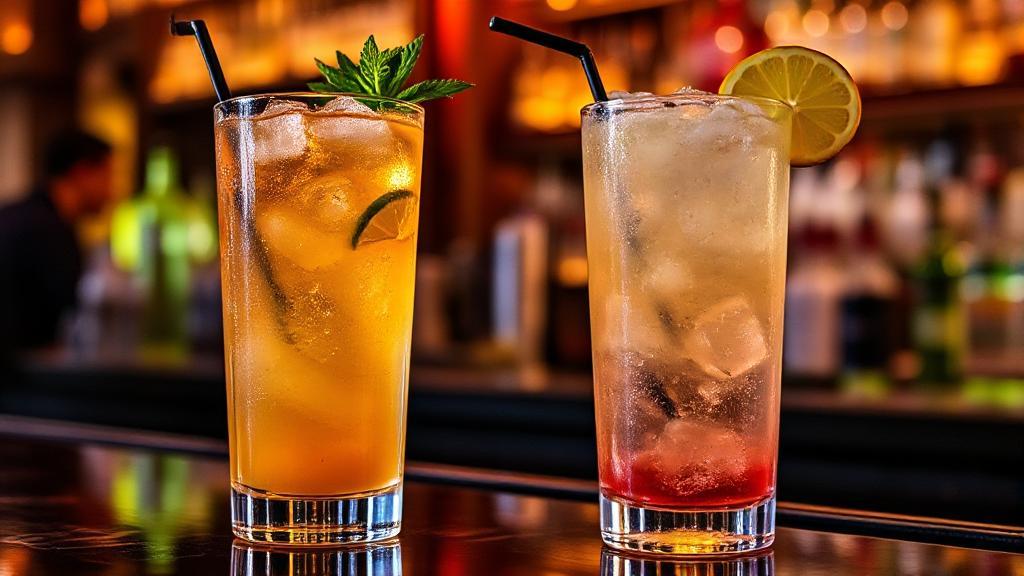Understanding Liquid I.V. and Alcohol
Liquid I.V. is a hydration multiplier that uses Cellular Transport Technology (CTT) to deliver hydration to your bloodstream faster and more efficiently than water alone. It contains a specific blend of electrolytes, vitamins, and minerals, utilizing a precise ratio of sodium, potassium, and glucose to enhance water absorption in the body.
The Science Behind Alcohol and Dehydration
Alcohol is a diuretic, which increases urine production and leads to dehydration. This dehydration is one of the primary causes of hangover symptoms like headaches, fatigue, dizziness, and dry mouth. Staying hydrated is crucial to mitigating these effects.
Taking Liquid I.V. Before Drinking
Benefits
- Preemptive Hydration: Establishes a baseline of hydration before alcohol's diuretic effects begin
- Electrolyte Balance: Helps maintain fluid balance throughout the night
- Vitamin Boost: Supports immune system and energy levels
Considerations
- Timing: Take about 30-60 minutes before your first alcoholic beverage
- Moderation: Remember that hydration products don't prevent alcohol intoxication
Taking Liquid I.V. After Drinking
Benefits
- Rehydration: Replenishes lost fluids and electrolytes
- Hangover Relief: May alleviate common hangover symptoms
- Recovery Support: Aids in recovery through metabolic support
Considerations
- Immediate Use: Take as soon as possible after drinking, ideally before bed
- Continued Hydration: Drink water alongside Liquid I.V. for maximum benefit
Best Overall Strategy
For optimal results, consider this three-step approach:
- Take one packet before drinking
- Stay hydrated throughout the night
- Take another packet before bed or upon waking
Alternative Hydration Options
If Liquid I.V. isn't available, consider:
Warning: Hydration products like Liquid I.V. do not prevent alcohol intoxication or make it safe to drink more alcohol.
Conclusion
While both approaches have their benefits, taking Liquid I.V. before drinking alcohol tends to be more effective as a preventative strategy. However, using it after drinking can still help with recovery and rehydration. The most comprehensive approach is to maintain hydration before, during, and after alcohol consumption.
For more information on hydration and alcohol, visit these resources:
- CDC's Guide on Alcohol and Your Health
- National Institute on Alcohol Abuse and Alcoholism
- Mayo Clinic's Tips for Staying Hydrated
Remember that no hydration product can completely prevent the effects of excessive alcohol consumption, and responsible drinking should always be practiced.
